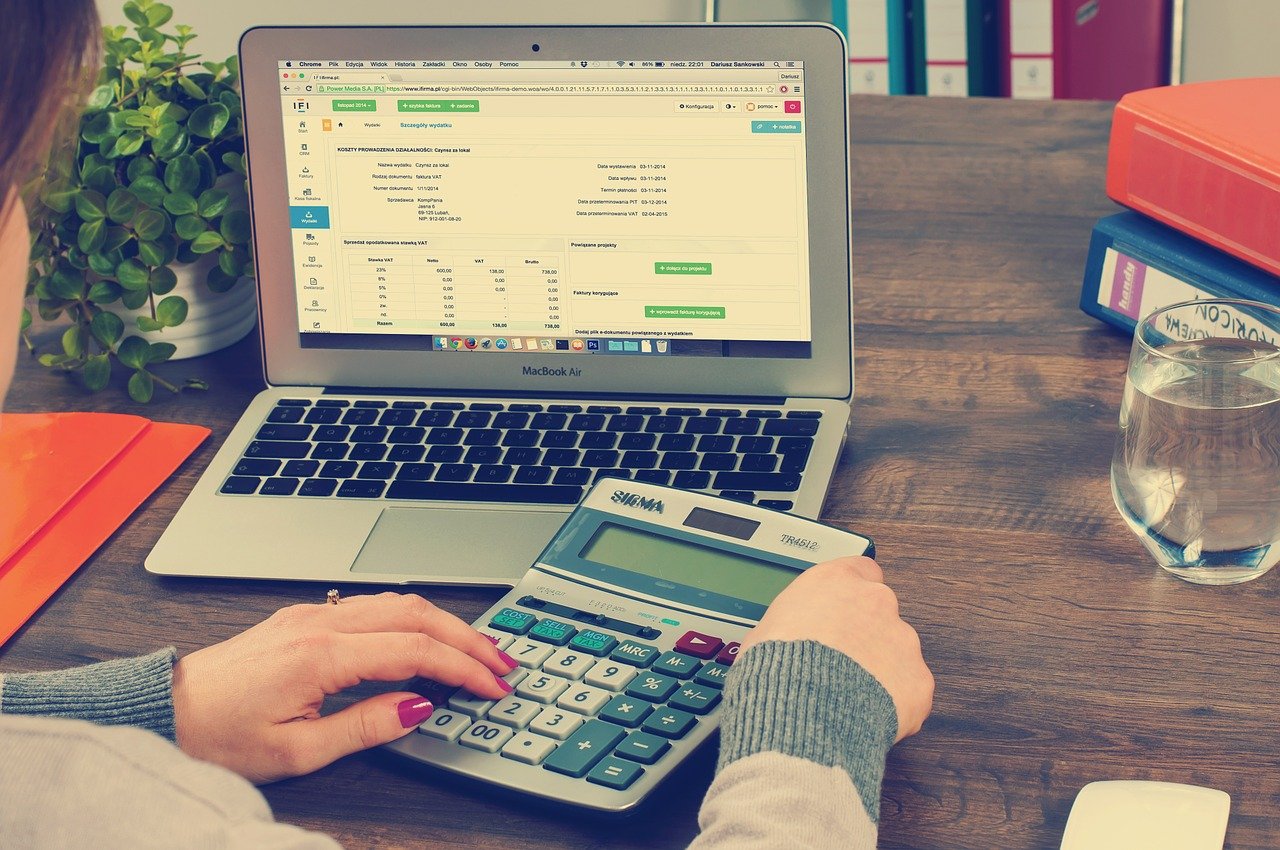Personal Finance For Business Owners
Keeping your work and personal life separate can be difficult when you are a business owner, with the lines easily becoming blurred when you are invested in what you do. When it comes to finances, it’s important to keep business and personal finance separated, as this will make it much easier to keep track of business expenses. Having a dedicated business account for all business-related transactions is advisable, but in what ways can you keep your personal finances under control at the same time? Here’s a quick guide to some of the key areas to help you get started.
Track Personal Expenses
As you are in doubt extremely busy as a business owner, it can be very easy to lose track of your personal spending. If you are investing a lot of your own money back into your business, you risk not leaving enough to cover your regular outgoings such as mortgage or rent payments, household bills and any personal debt. Keeping track of your personal bank account will avoid that happening and ensure you have money available for any unexpected repair bills or other emergency expense when it crops up. You can still choose Payday loans to help you get same day funding in an emergency, but you will need to ensure you can cover repayments without issue. Keep an eye on your personal bank account and keep non-essential spend as low as possible.
Build an Emergency Savings Fund
Whilst you may be concerned about any business impact when the unexpected happens, having personal funds saved just in case you need them is also important. Like many people, you may have some savings but not a separate emergency savings fund. The reason this is important is that its money put aside to be used only in an emergency, avoiding the need to borrow money from lenders or even family or friends to help. As a rule of thumb, you should aim to have at least 3-6 months’ worth of essential personal outgoings saved. This will mean you can cover all essential outgoings for a few months if you became ill, were unable to work or had little to no income from the business. This will take time to build, so putting money aside regularly, even if small, will help start to build a good habit.
Maintain Essential Outgoings
Becoming overly focused on your business expenses and overheads can mean losing sight of your personal essential outgoings. This can mean potentially putting your home at risk if missing mortgage payments or getting into arrears with any personal lending. As a business owner, you already have enough to worry about, so you’ll want to avoid adding personal money issues into the mix. Review your income and outgoings and tally up your most essential bills. This will then provide the total you need to pay each month without fail, and you can then adjust your finances to help ensure this happens. If you haven’t got direct debits or standing orders arranged for these, it is a good idea to start so that you won’t have to manually remember to pay them.

